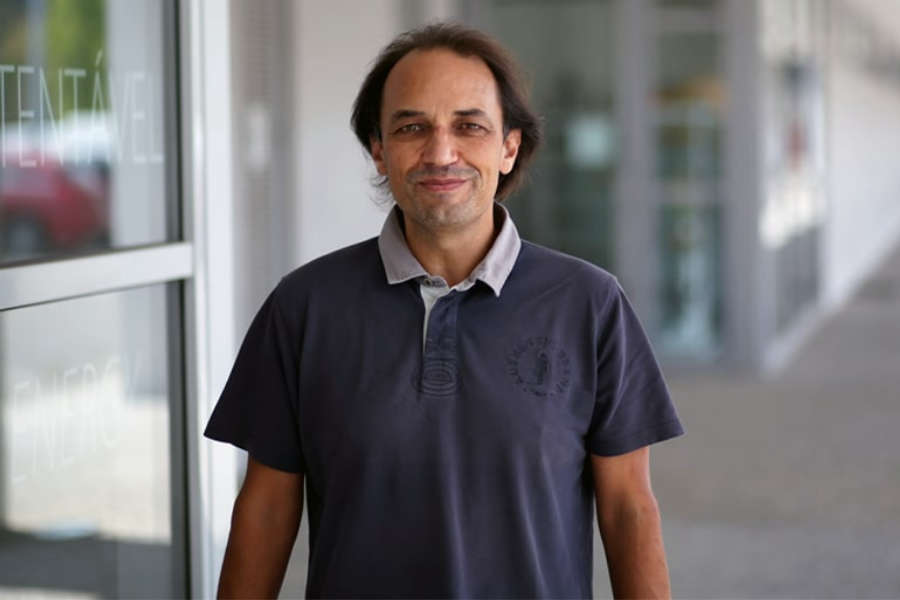Self and co-regulation in e-Learning of computer programming
This project stems from the scarcity and increasing need for skilled professionals in the field of information technology in Europe. In this field, there are high rates of academic failure in the computer programming curricular units (courses), particularly in the transition from initial programming to advanced programming. The difficulties students feel in programming show that it is necessary to develop a set of learning strategies that are adequate and adjusted to develop the expected skillset of a programming professional. The challenges are even greater in distance education, because it requires students to have greater discipline, autonomy, and self-regulation and co-regulation skills to successfully complete the courses. ACM and IEEE refer in their reports the need to adapt curricula to new pedagogical developments. In the teaching of computer programming, students who adopt strategies of self-regulation and co-regulation of learning show good academic performance. Previous research with the SimProgramming pedagogical approach presented promising results in face-to-face contexts regarding its feasibility and suitability in helping students overcome their programming difficulties, contributing to improve programming learning and the use of strategies of self-regulation and co-regulation of learning. The current dynamics based on technological change lead the institutions of Higher Education to invest in e-learning courses. However, this requires a set of adaptations and implementation of new pedagogical models. In the case of the Universidade Aberta (UAb) there is a need to adapt its virtual pedagogical model to the teaching of computer programming, to promote self-regulation and co-regulation of student learning. In this sense, this project aims to adapt and develop the SimProgramming approach in an e-learning context, to identify and understand how strategies of self-regulation and co-regulation of learning can be stimulated in an e-learning context and how this influences learning of programming. This research was carried out in the context of UAb, in the "Software Development Laboratory" course, through a research methodology that combines case studies and cycles of Design Science Research. The partners in this project have complementary competences in technology (INESC TEC), education science, didactics, and training (CIDTFF, UTAD and UAb) and in programming education (UTAD and UAb). The project contributed to increase knowledge about self and co-regulation of students when learning computer programming in e-learning, in the transition from initial to advanced programming, leading to an innovative model of teaching and learning computer programming in e-learning (e-SimProgramming).






